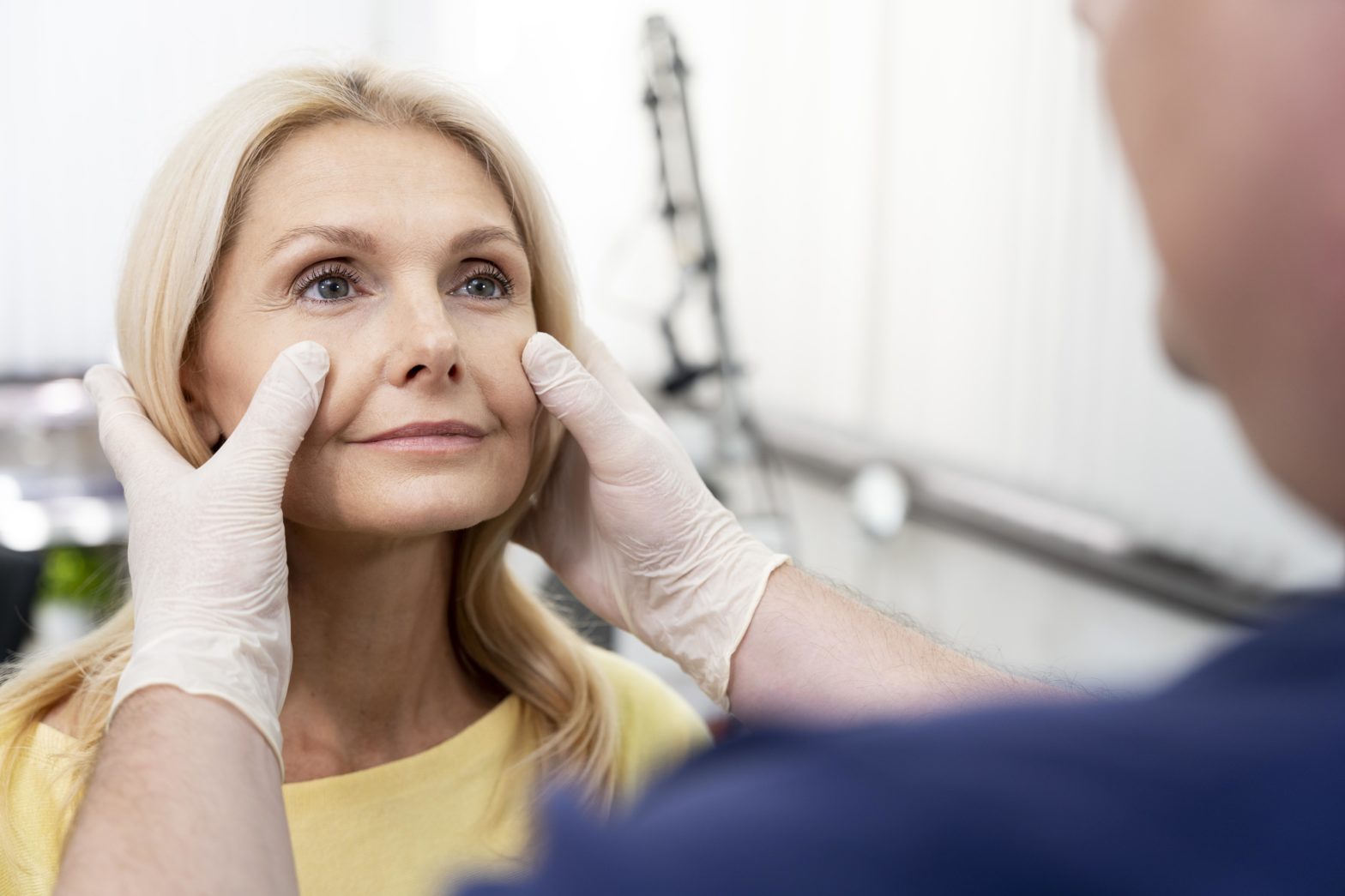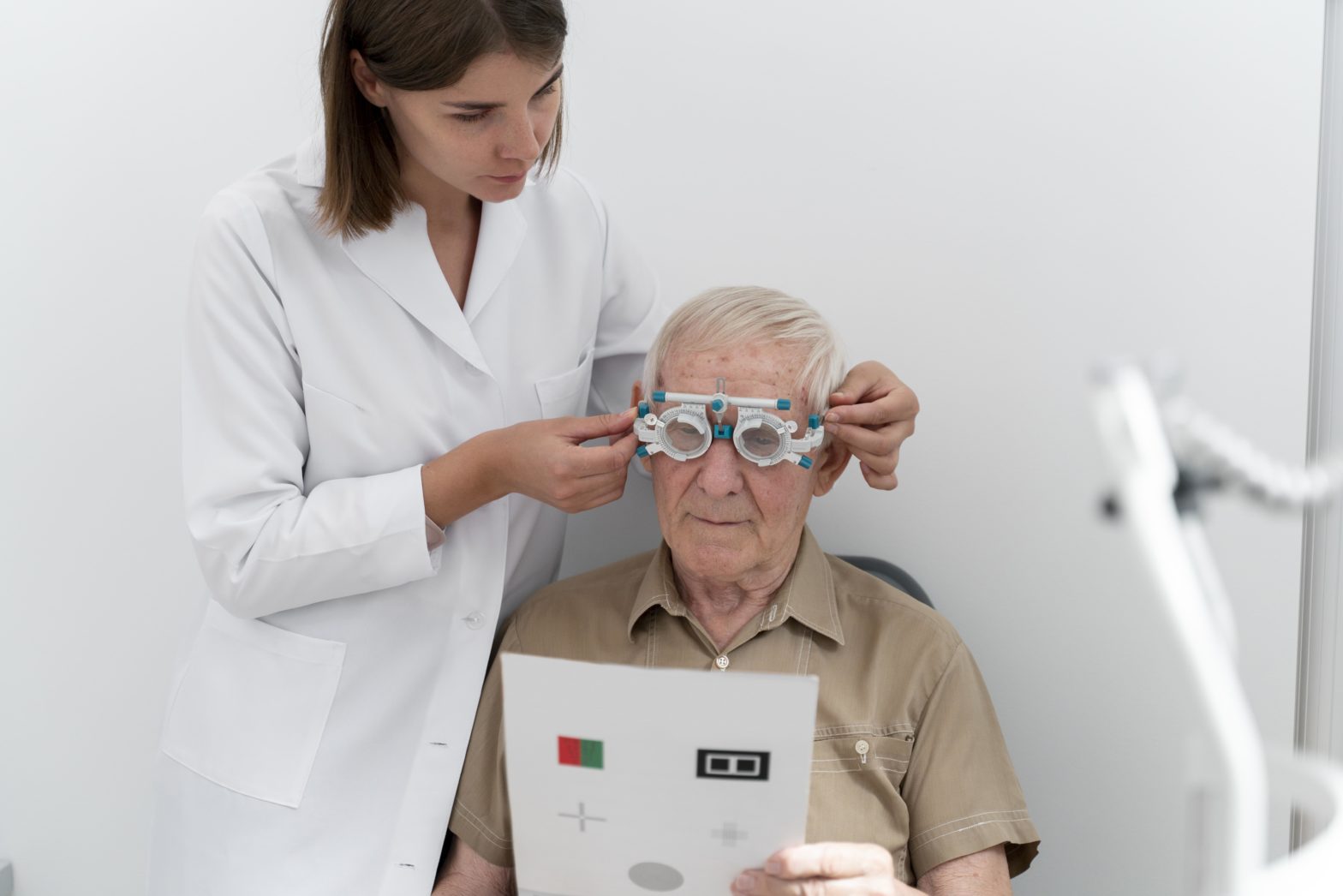Cryo surgery, also known as cryotherapy or cryopreservation, is a medical procedure that involves the use of extreme cold temperatures to treat various medical conditions. While it’s more commonly associated with skin lesions and certain types of cancer treatment, it can also be used for eye conditions when necessary. Here’s an overview of cryo surgery and its potential benefits for your eyes:
Cryo Surgery Process:
-
Cryo surgery uses a specialised instrument called a cryoprobe or cryoprobe tip, which contains a cooling agent, often liquid nitrogen or argon gas.
-
The cryoprobe is applied to the targeted area of the eye, typically the surface or the outermost layer.
-
As the probe touches the tissue, it rapidly cools down the tissue, causing ice crystals to form within the cells.
-
This freezing process damages and destroys the targeted tissue, which can be useful for treating certain eye conditions.
Benefits for Eye Conditions:
-
Retinal Detachment: Cryo surgery can be used to treat retinal detachment, a serious eye condition where the retina detaches from the back of the eye. Cryo treatment helps create adhesions between the retina and the underlying tissue, reattaching the retina.
-
Retinopathy of Prematurity (ROP): In some cases of ROP, cryotherapy may be used to treat abnormal blood vessel growth in the retina of premature infants to prevent vision loss.
-
Other Eye Tumours: Cryo surgery can also be employed to treat certain types of benign eye tumours.
Benefits and Advantages:
Minimally Invasive:
Cryo surgery is typically considered a minimally invasive procedure compared to traditional surgical methods.
Preservation of Healthy Tissue:
Cryotherapy allows for precise targeting of the affected tissue, minimising damage to healthy surrounding tissue.
Less Risk of Infection:
Because it doesn’t involve incisions, there’s a lower risk of infection compared to some other surgical techniques.
Rapid Recovery:
Patients often experience a quicker recovery time compared to more invasive eye surgeries.
Risks and Considerations:
Cryo surgery, like any medical procedure, comes with potential risks. These may include damage to nearby healthy tissue, infection, or scarring. The effectiveness of cryotherapy depends on the specific eye condition being treated and the patient’s overall health.
Not all eye conditions can be treated with cryo surgery, and the decision to use this technique should be made by an ophthalmologist or eye specialist based on the individual patient’s needs.
Post-Procedure Care:
-
After cryo surgery on the eyes, patients will typically be monitored closely by their healthcare team.
-
They may be prescribed eye drops or other medications to prevent infection and reduce inflammation.
-
Follow-up visits with an eye specialist are important to track progress and ensure the eye heals properly.
What are the Symptoms?
General Symptoms:
-
Fatigue
-
Fever
-
Weight loss or gain
-
Pain (which can be localised or widespread)
Respiratory Symptoms:
-
Cough
-
Shortness of breath
-
Wheezing
-
Chest pain
Gastrointestinal Symptoms:
-
Abdominal pain or discomfort
-
Nausea and vomiting
-
Diarrhoea or constipation
-
Heartburn or indigestion
Neurological Symptoms:
-
Headache
-
Dizziness or lightheadedness
-
Numbness or tingling
-
Changes in vision or hearing
Musculoskeletal Symptoms:
-
Joint pain or stiffness
-
Muscle aches or weakness
-
Limited range of motion
Cardiovascular Symptoms:
-
Chest pain or angina
-
Palpitations (feeling of rapid, strong, or irregular heartbeat)
-
Shortness of breath
-
Swelling in the legs or ankles
Dermatological Symptoms:
-
Skin rash
-
Itching
-
Changes in skin color or texture
-
Swelling or lumps on the skin
Psychological Symptoms:
-
Anxiety
-
Depression
-
Mood swings
-
Cognitive changes (memory problems, confusion)
Genitourinary Symptoms:
-
Frequent urination
-
Painful urination
-
Blood in the urine
-
Changes in sexual function or libido
Specific Disease-Related Symptoms:
Symptoms specific to certain medical conditions, such as the classic triad of diabetes (polyuria, polydipsia, polyphagia), or the motor symptoms of Parkinson’s disease (tremor, bradykinesia, rigidity).
Choose the best Hospital for your Eye care
Hence, managing Cryo surgery can pose challenges, but with the right diagnosis and treatment plan, it can be effectively addressed. If you suspect that you need Cryo surgery, consider consulting with a qualified eye specialist. They can help you identify the extent of the issue and recommend the best course of treatment to address it.
Further, Dr. Agarwal’s Eye Hospitals can provide you with useful prevention tips and guide you on how to maintain proper eye health to prevent the recurrence of Cryo surgery. Overall, with proper diagnosis, treatment, and preventive measures, you can effectively manage Cryo surgery and maintain healthy eyes.









